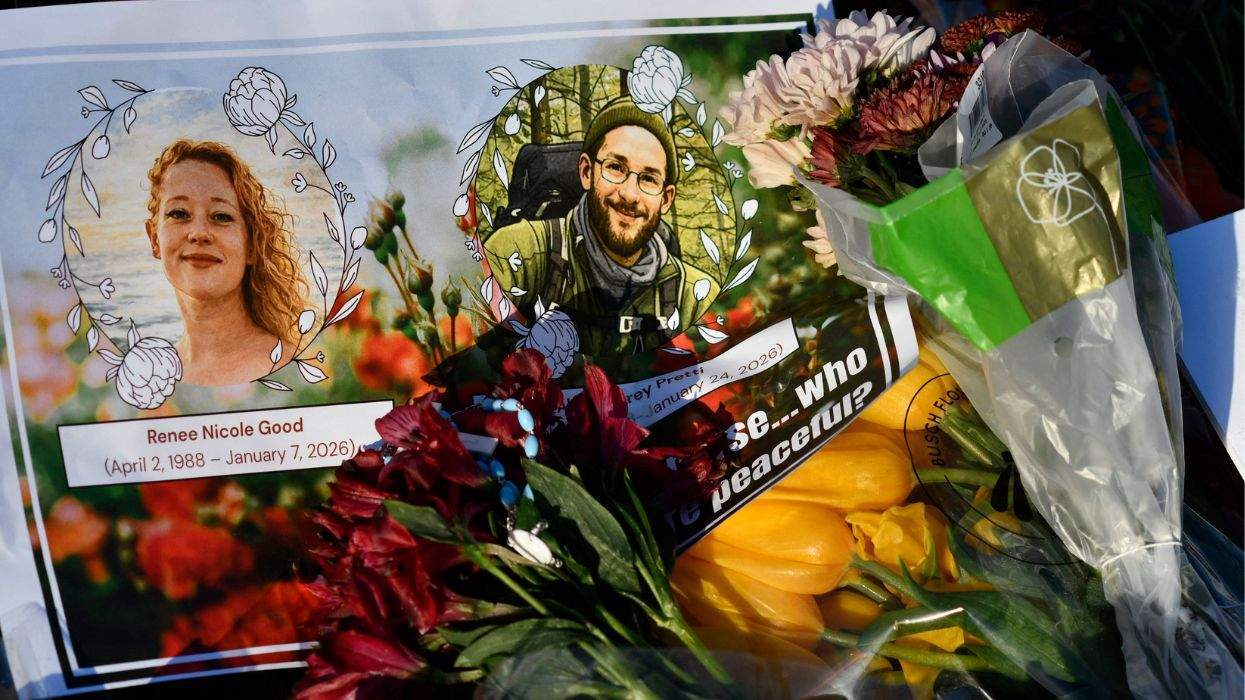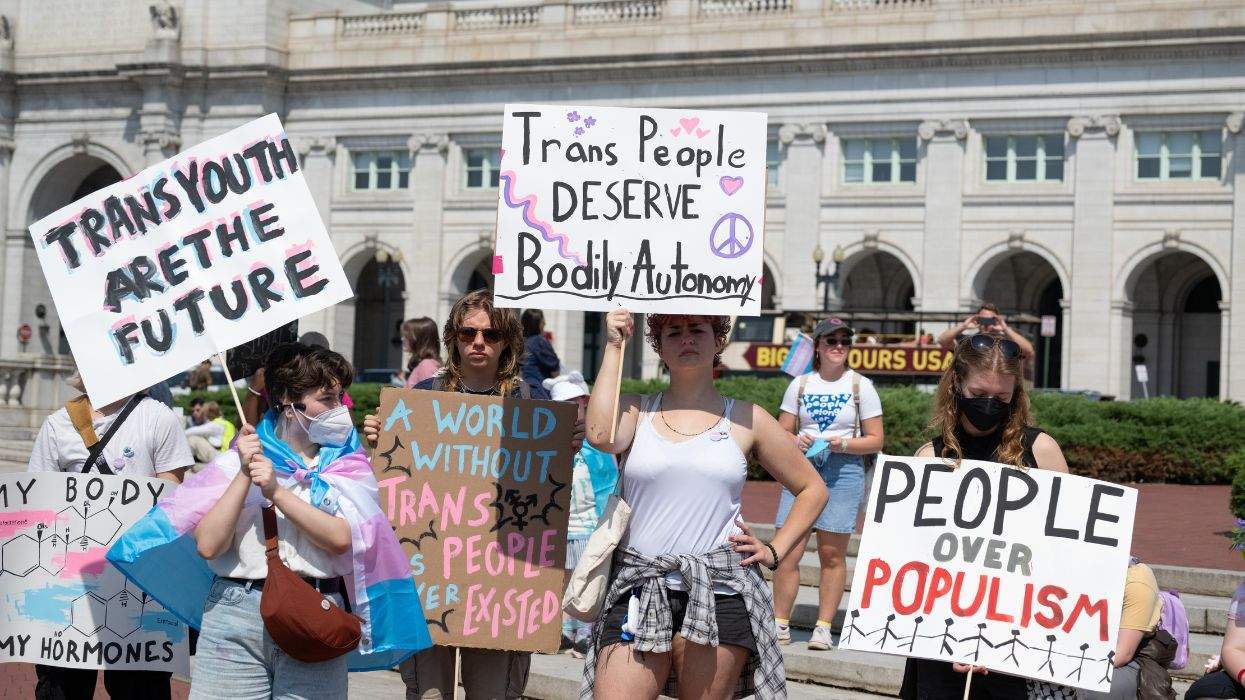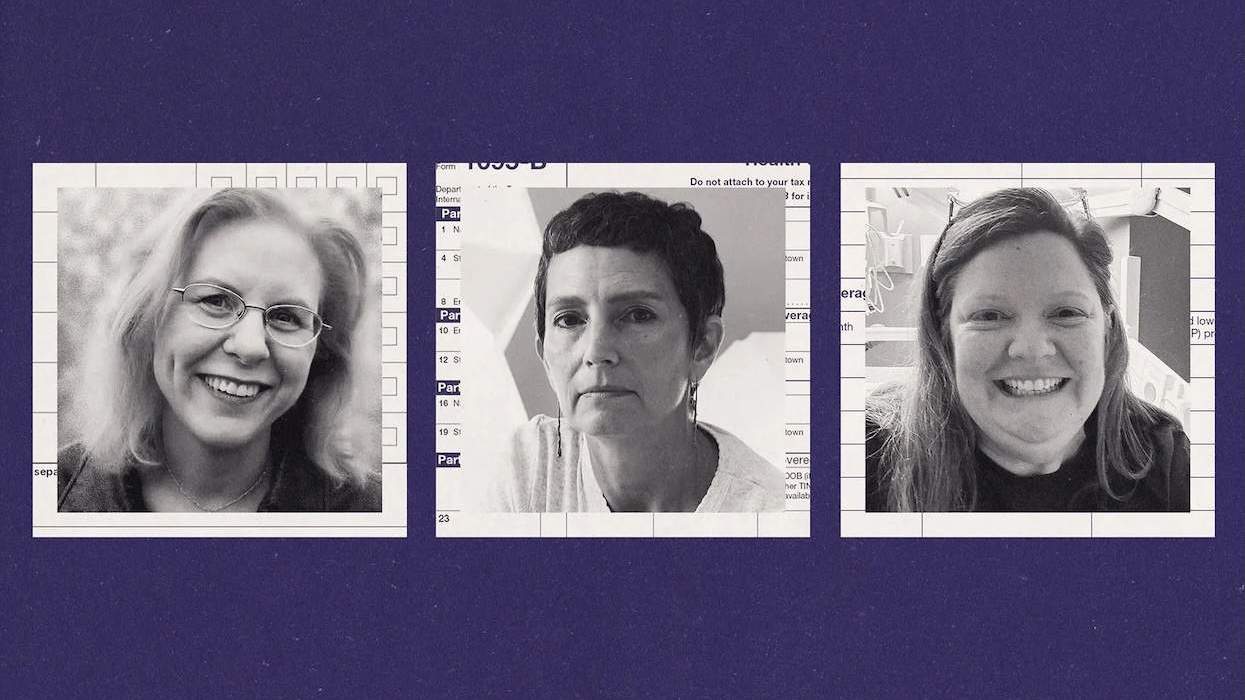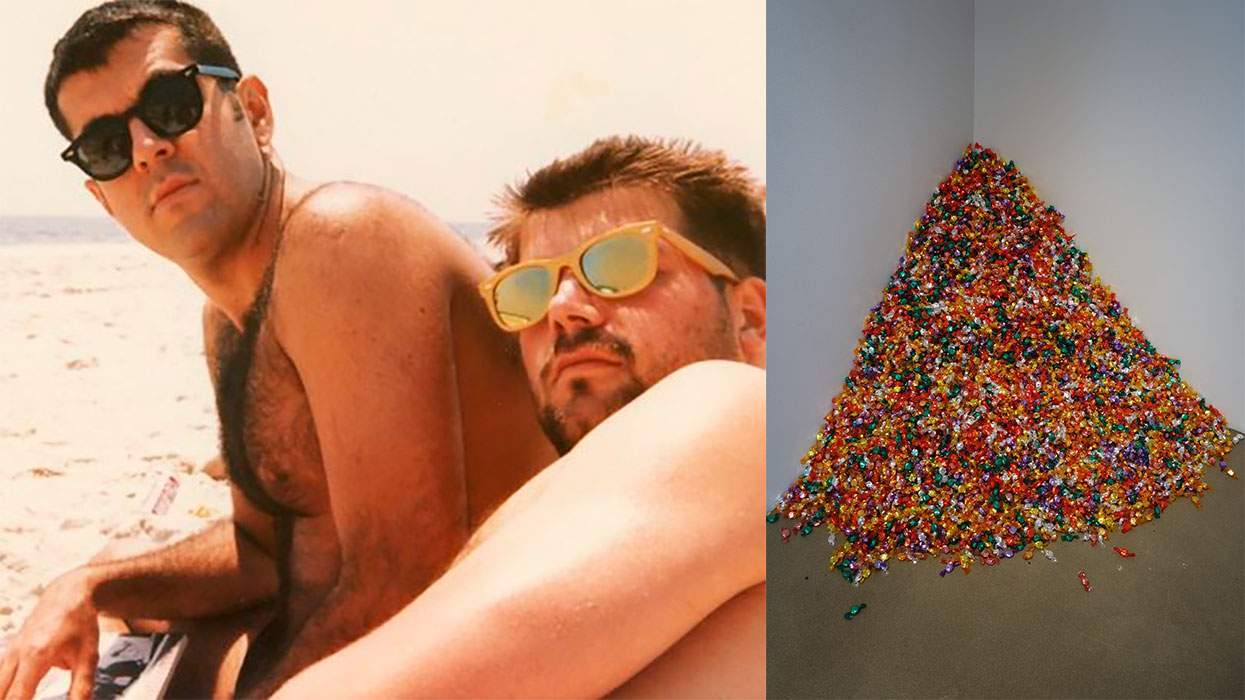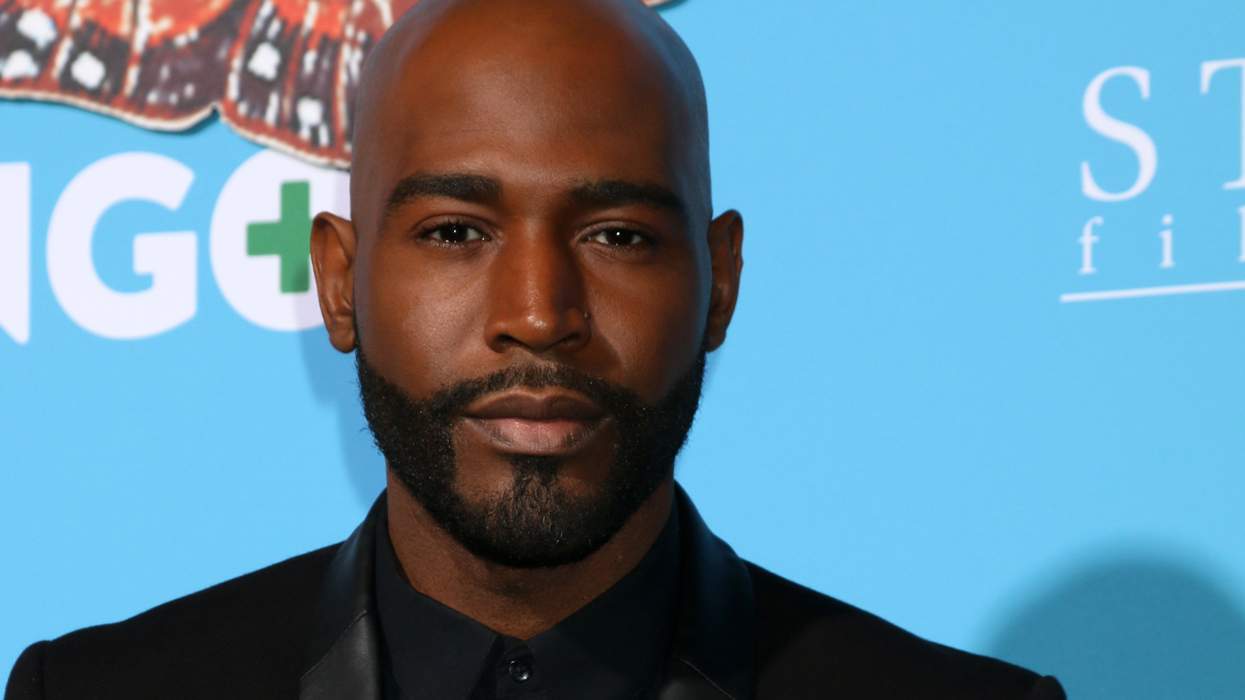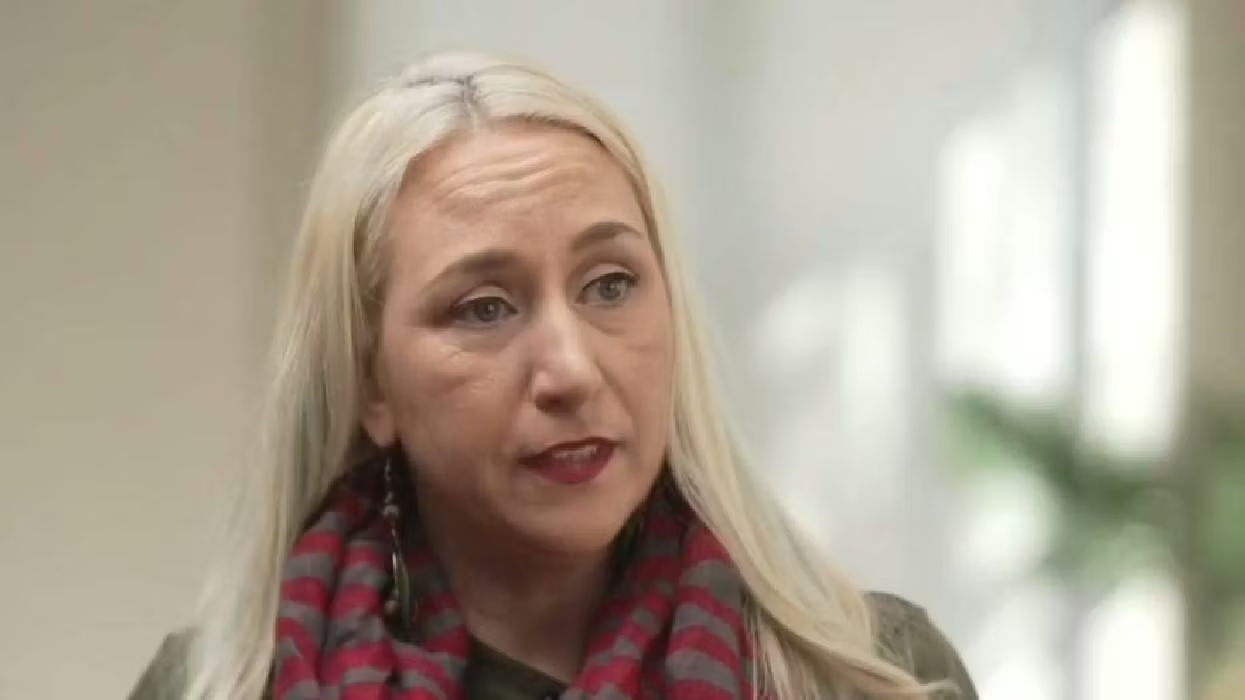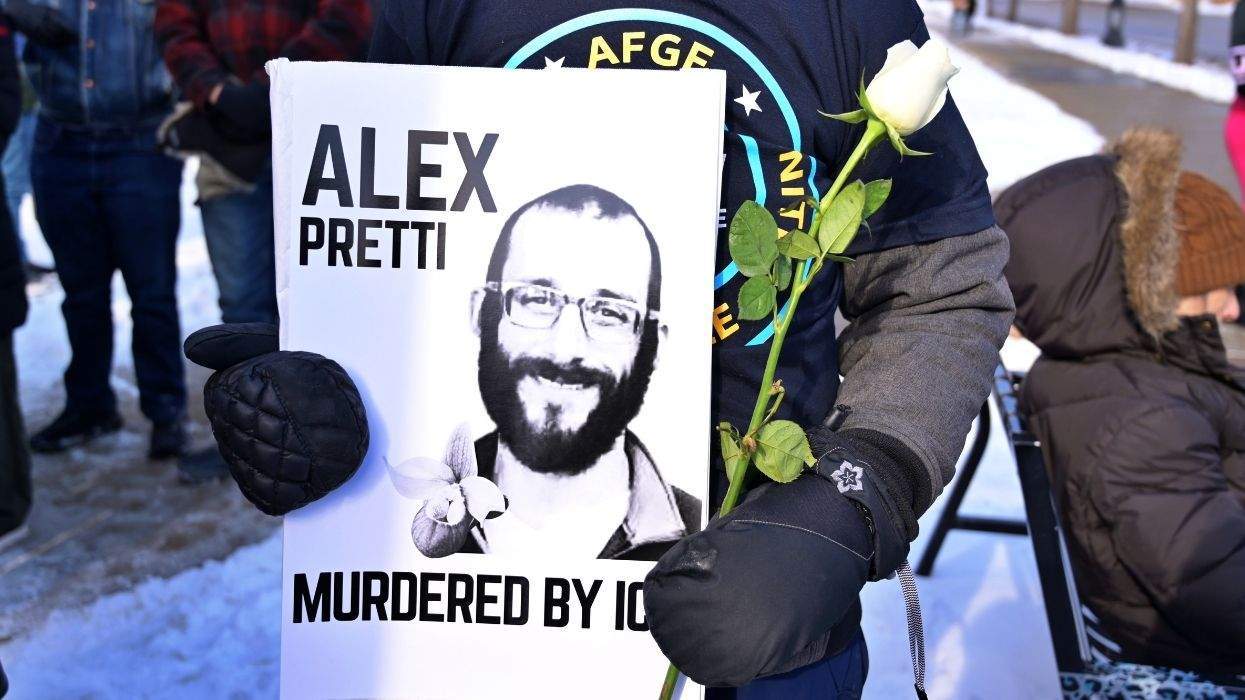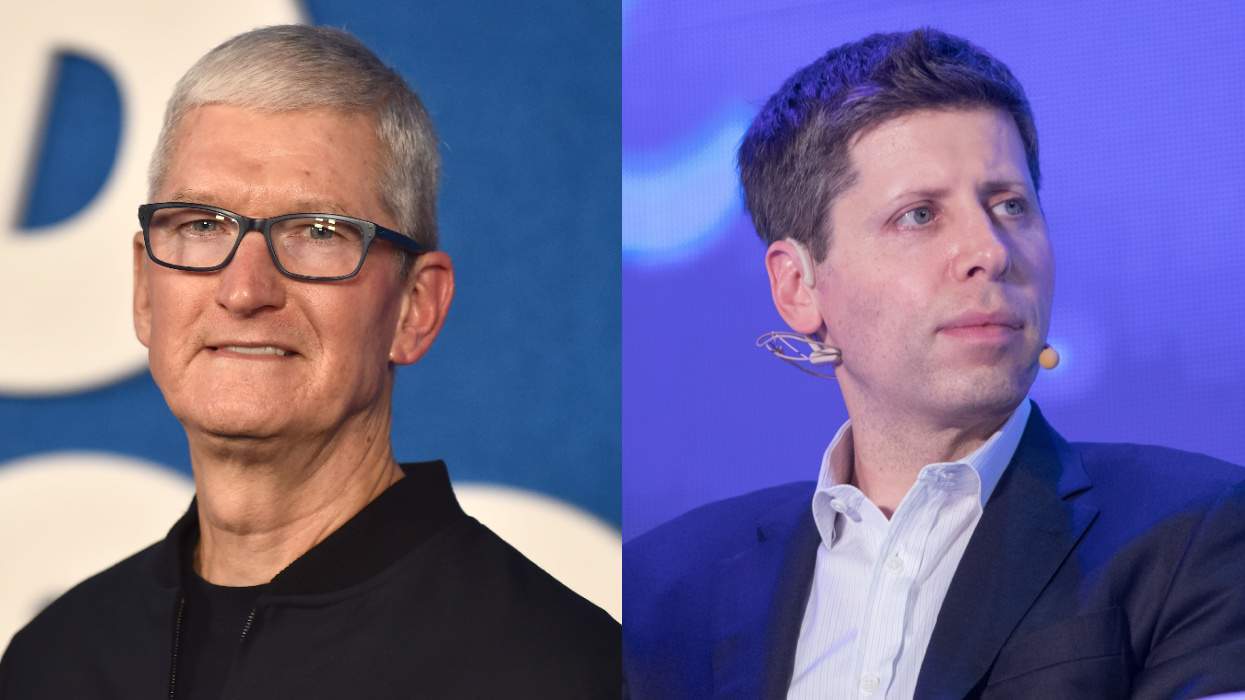Movements of resistance have always recognized that our individual and collective power is a deeply spiritual reality. In the midst of fighting to overturn oppression, queer and trans people have known how to find joy and create pleasure and build connections that sustain even in times of crises and death. We have not lost sight of the holy in our flesh or the sacred in our stories. We have withstood incredible violence and fostered love in its midst. When so much power in marginalized communities is born from these spiritual capacities, it's no wonder religion is so often co-opted by dominant forces and turned against us.
Ironically enough, in the United Methodist Church, we take vows to "resist evil, injustice, and oppression in whatever forms they present themselves." For many LGBTQIA people, this has long and necessarily included holding the church accountable for its own forms of violence, including but certainly not limited to anti-LGBTQ practices and policies. As long as the church or any other faith community has existed, so too have queer people, speaking up and speaking out against the use of our faith to condemn us or our kin.
As a queer and trans clergy person in a denomination that has explicitly prohibited my leadership by policy for decades, I have committed myself, along with others, to the work of unlearning, unteaching, and resisting the kinds of words and ideas about faith that destroy lives and communities. Over the last few decades, the movement to create positive change for LGBTQIA people in the church has grown considerably. Currently in the UMC, despite the prohibitions against our love and leadership, we have almost 300 openly LGBTQ clergy people and nearly 1,000 communities and congregations that have pledged their support and solidarity. The number committed to faithfully breaking unjust rules in sacred defiance increases daily.
Because of these important strides, many people were hoping, even expecting, that the United Methodist Church would follow the trend of other Protestant denominations and loosen restrictions against full inclusion of queer and trans people. But as much as we might love the idea that time is progress, the denomination's global decision-making body met last month in St. Louis and reminded all of us that sometimes #ItGetsWorse.
At this special global gathering called specifically to find "a way forward" on the church's conflict over its discriminatory policies, the body voted to pass the "Traditional Plan" in favor of tightening sanctions on LGBTQIA clergy and those who officiate or host same-sex weddings. Further, none of the theological teachings of the church were made less harmful, much less overturned, sending a deeply painful message to the queer and trans people hoping to hear the church turn toward love. The harm that has been done and will continue under these policies also fuses with so many other forms of destruction in our society, only increasing a culture of violence and encouraging policies that work against the flourishing of queer people of color, trans people, LGBTQ people in detention centers, and others caught in the interlocking realities of oppression.
As this global gathering drew near, many were hoping the deep divisions in our church would be healed by agreeing to disagree on the rights of LGBTQ people, opting for regional autonomy in regard to our inclusion and keeping the church united in apathy. While I'm deeply concerned about the impact of the Traditional Plan on those most vulnerable among us, I'm also acutely aware that the solution to our problems of division -- in the UMC, the United States, or in the face of a global climate crisis -- will never be born from just getting along under oppressive forces.
Last month, a long history of white supremacy, colonialism, patriarchy, and cisheterosexism was neither confronted nor transformed in the United Methodist Church. The climax to a 46-year "disagreement" on LGBTQ inclusion was the obvious unfolding of inadequately unaddressed legacies of power -- the same ones that undergird all of the major institutions in this country.
Queer and trans people within and outside of the church will feel the costs. Many will leave or be forced to leave their places of spiritual belonging. Others will still stay and continue to fight for their lives and the lives of those who came before and will come after. And even more who rightfully want nothing to do with any church will still be unjustly affected, knowingly and not.
The question before us has never been and never will be as simple as whether or not queer people or those who love us should be a part of any given religion. Religion will always be used both to build up and to push down our spiritual capacities for liberation. And there is nowhere we can go where we will not be impacted by its reach.
There is, however, a place for all of us in the labor of our collective freedom -- from religious persecution, political oppression, and cultural repression. And while Christian dominant cultural narratives may work to convince us that tolerance and inclusion, particularly of the cis and white among us, will lead to a better life together, ironically enough the church convicts itself from within. Evil, injustice, and oppression must be met not with indifference but with resistance in all its forms.
A church that welcomes LGBTQ people but does nothing to address its colonialism is no better than the opposite. A country that rejects religious forms of discrimination but does nothing to uncover its loyalty to capitalism and misogyny and white supremacy will still not know liberation.
The United Methodist Church and its renewed commitment to the exclusion of LGBTQIA people is both harrowing and unexceptional in its impact. Whether we are within or without, religious or not, it beckons all of us to simply remember the real work before us that belongs to all of us: confronting Christian and white supremacy, overturning misogyny, building possibilities of gender and sexual liberation. From the riches of our queer histories and our trans ancestors, we can draw on power no institution can deny us.
REV. M BARCLAY is nonbinary, bisexual, and the director of enfleshed, where they write, preach, teach, and organize at the intersections of spiritual nourishment and collective liberation.

